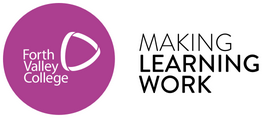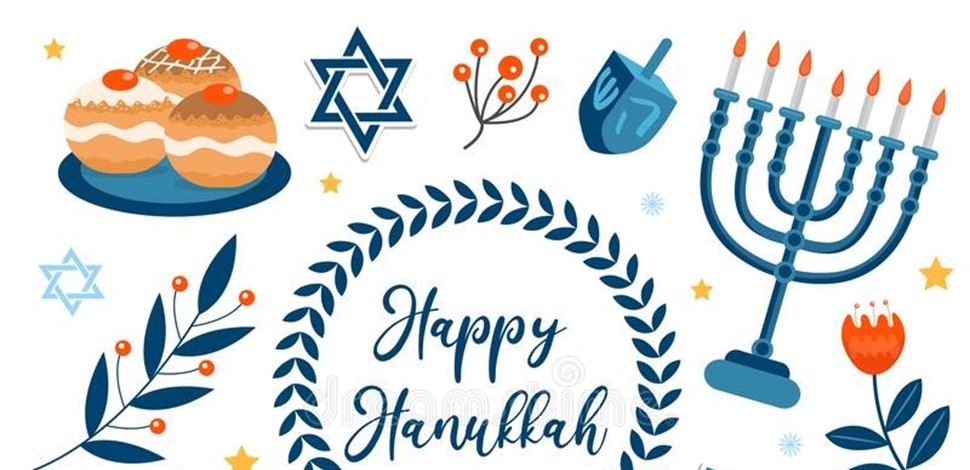Sunday 18 - Monday 26 December is Hanukkah – one of the main Jewish holidays. Although not the most important religiously, it is one of the most popularly celebrated and the one that is best known outside of the Jewish community. But what is Hanukkah and how is it celebrated?
What is Hanukkah?
The eight-day Jewish celebration known as Hanukkah or Chanukah (meaning “dedication”) celebrates an event that happened over 2000 years ago. At this time, Judea (the name historically given to the area around modern-day Israel) was ruled by a Greek-Syrian king, who outlawed the Jewish religion and ordered the Jews to worship Greek gods. In 168 B.C., the King’s soldiers descended upon Jerusalem, the holy city of the Jews, massacring thousands of people and violating the city’s holy Second Temple by erecting an altar to the Greek god, Zeus, and sacrificing pigs (considered unclean by Jews) within its sacred walls.
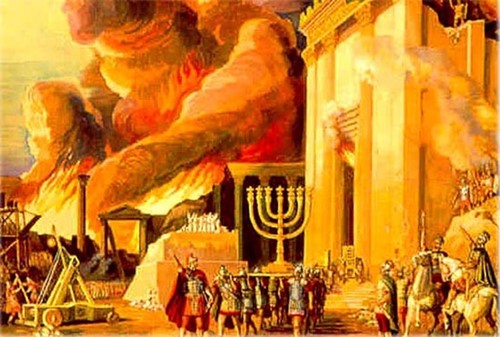
This disrespect triggered a huge rebellion, led by the Jewish priest, Mattathias, and his five sons. When Mattathias died in 166 B.C., his son Judah, known as Judah Maccabee (“the Hammer”), took the lead, and within two years the Jews had successfully driven the Syrians out of Jerusalem. Judah called on his followers to cleanse the Second Temple, rebuild its altar and light its menorah—the gold candelabra who’s seven branches represented knowledge and creation and were meant to be kept burning every night.
While there are different version of the stories, according to the Talmud (one of Judaism’s most central texts), Judah Maccabee and the other Jews who took part in the rededication of the Second Temple witnessed what they believed to be a miracle. Even though there was only enough olive oil to keep the menorah’s candles burning for a single day, the flames continued flickering for eight nights, leaving them time to find a fresh supply. This wondrous event inspired the Jewish elders to proclaim a yearly eight-day festival – which is still celebrated today as Hanukkah!
How is Hanukkah celebrated?
Hanukkah usually falls in November or December. Often called the Festival of Lights, the holiday is celebrated with the lighting of the menorah, traditional foods, games and gifts.
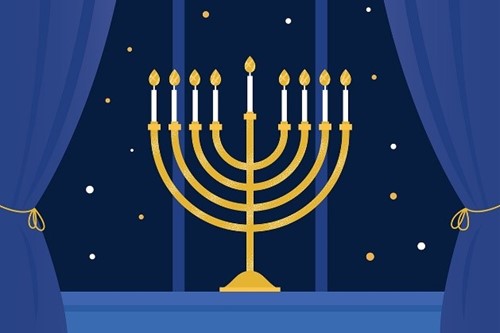
The Hanukkah celebration revolves around the kindling of a nine-branched menorah, known in Hebrew as the hanukiah. On each of the holiday’s eight nights, another candle is added to the menorah after sundown; the ninth candle, called the shamash (“helper”), is used to light the others. Jews typically recite blessings during this ritual and display the menorah in a window as a reminder to others of the miracle that inspired the holiday. While oil was once used in the wells of the menorah, today it is more common for candles to be used.
In another allusion to the Hanukkah miracle, traditional Hanukkah foods are fried in oil. Potato pancakes and jam-filled donuts are particularly popular. Gelt, the Yiddish word for ‘money,’ refers to the foil-wrapped chocolate coins that are commonly exchanged over Hanukkah both as a snack and as a stake during a popular Hanukkah game.
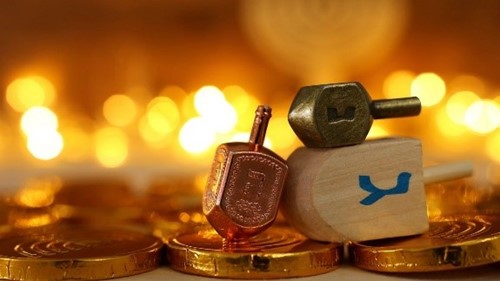
Other Hanukkah customs include playing with four-sided spinning tops called dreidels and exchanging gifts. A dreidel is a tiny spinning top, inscribed with Hebrew letters on its four sides. Originally a German gambling game that was adapted by the Jewish people, it begins with each player contributing a portion of their stash of gelt (coins or other small objects) into a central pot. The pot can then be won depending on how the dreidel falls on any given turn; the four Hebrew letters indicate whether a player must take nothing, take everything, take half or put one in.
Hanukkah is a joyous holiday in the Jewish tradition with a focus on togetherness, and music plays a significant part here. Aside from Ma’oz Tzur, a song typically sung after the nightly lighting of the candles, the celebration also includes a festive playlist of Hanukkah hits, including more traditional Hebrew folk songs and more modern songs.
Religiously Hannukah remains a relatively minor holiday that places no restrictions on working, attending school, or other activities as is the case with other Jewish holidays such as Yom Kippur. However, in recent decades, particularly in North America, Hanukkah has exploded into a major commercial phenomenon, largely because it falls near or overlaps with Christmas. Historically, gelt was the only gift given at Hanukkah—either in the form of real coins, or the chocolate ones described above. Now, however, some families give nightly gifts in their Hanukkah celebrations or gift cash instead of or as well as gelt in order to bring it more in line with other winter festivals such as Christmas.

